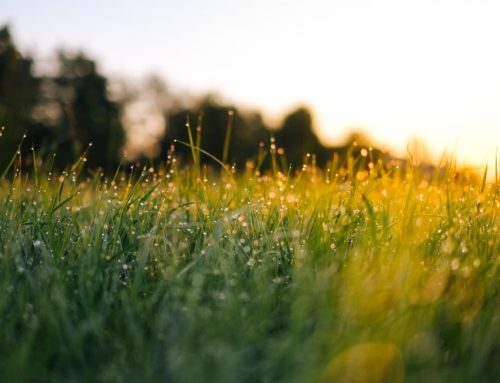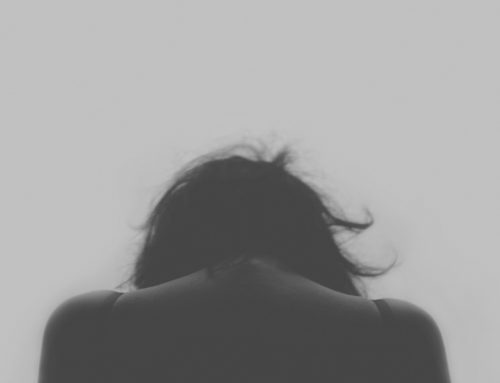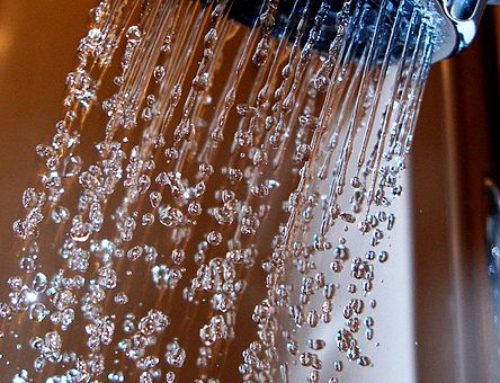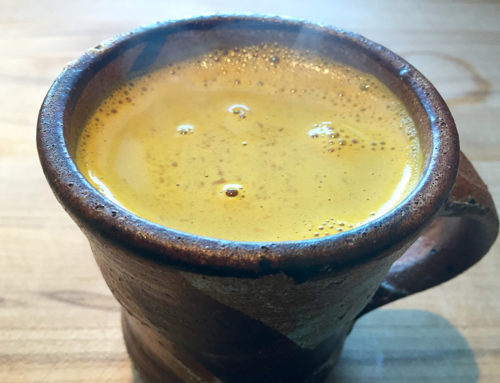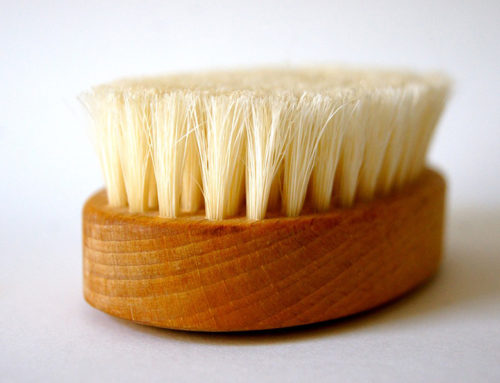This election is spinning me every day and I’m incapable of keeping up with my usual media diet that limits my exposure to misogyny, bigotry, and violence. And I live in Canada.
Yet in a way i’m grateful for what this election has forced me to reflect on. A few years ago, I did a chart review and found that almost half of the women I see as patients have a history of physical or sexual assault they have disclosed to me. I know, based on the research, that many more have likely been subject to assault or abuse or harassment but have never told me about it.
As a naturopathic doctor, I see examples every day of how sexual harassment and assault affects the mental-emotional and physical health of my patients. I hear stories from women about how they have developed chronic pain or recurrent urinary tract infections or gained weight after an assault. Women tell me about the impacts on their self-confidence and self-compassion after experiencing sexism in the workplace. They share with me the story of the vaginal pain that started after a partner cheated on them. I have seen symptoms of irritable bowel syndrome and pelvic pain and even multiple sclerosis improve after women have left situations of intimate partner violence. I have also seen their symptoms return when these same women encounter misogyny in another setting or when they are ignited by watching the news of another woman experiencing something similar. As a healthcare practitioner, I see firsthand how sexual assault impacts women’s health in a multitude of ways.
I used to believe that I had developed an ease in working with patients with a history of sexual violence because I have personal experience with trauma of a different kind but have never myself been subject to sexual assault. I was wrong. In fact, I was lying.
The truth is I have been assaulted – more than once. Now that I’m thinking about it, I’ve probably been assaulted many times. Most of those times I barely remember. I barely remember them, not because I’m lying about it or because it didn’t happen. I don’t remember details because I minimized it and accepted it as a part of life. I brushed off the inappropriate touches at music shows or clubs or on the subway. I brushed off the times when some guy grabbed my ass or pushed their penis against me. I developed strategies to avoid and manage sexual assault – I laughed about the time a famous man groped me at a press conference, I paired steel toe boots with my baby doll dresses.
My stories aren’t that different from the words of women now speaking up and telling their stories since Donald Trump himself bragged about assaulting women. Thinking about the brave women who have stepped forward and spoken up, I realize that denying or minimizing my own experiences of sexual harassment and assault does a disservice to all those other women. By minimizing my own experiences, I minimize all women’s experiences.
So now, like many women, I can no longer be silent and pretend that any of this is ok. I hope that the horrible misogyny witnessed this election encourages more of these conversations in our private and public lives. I hope more women feel comfortable talking to their friends, family, bosses, colleagues, doctors, and even the police about sexual assault. If more people talk about sexism and degradation and harassment and assault, that will be a yuge win for everyone. The focus is already shifting to men’s accountability and responsibility for perpetuating misogyny and rape culture. And perhaps eventually, I will see fewer women in my office with physical complaints that are related to sexual assault. And for that possibility, I am grateful to Donald Trump.


